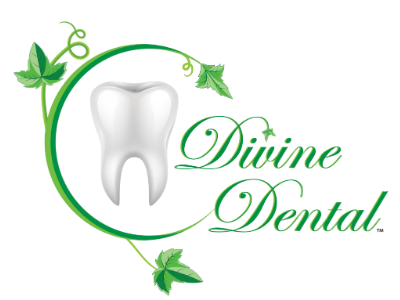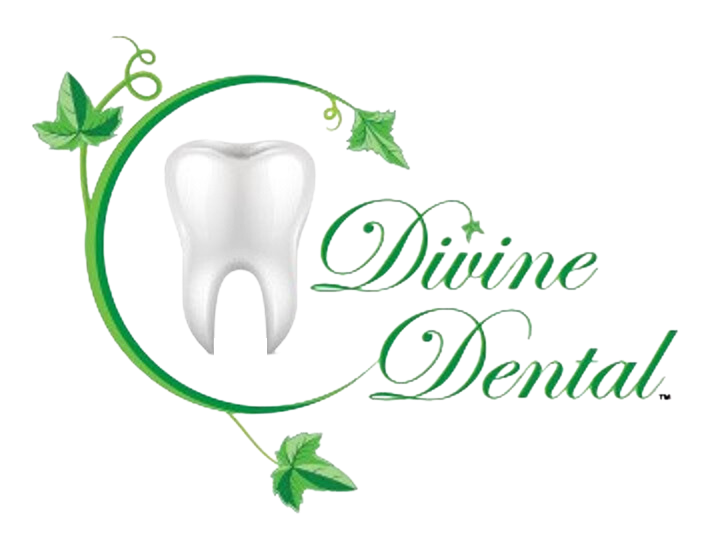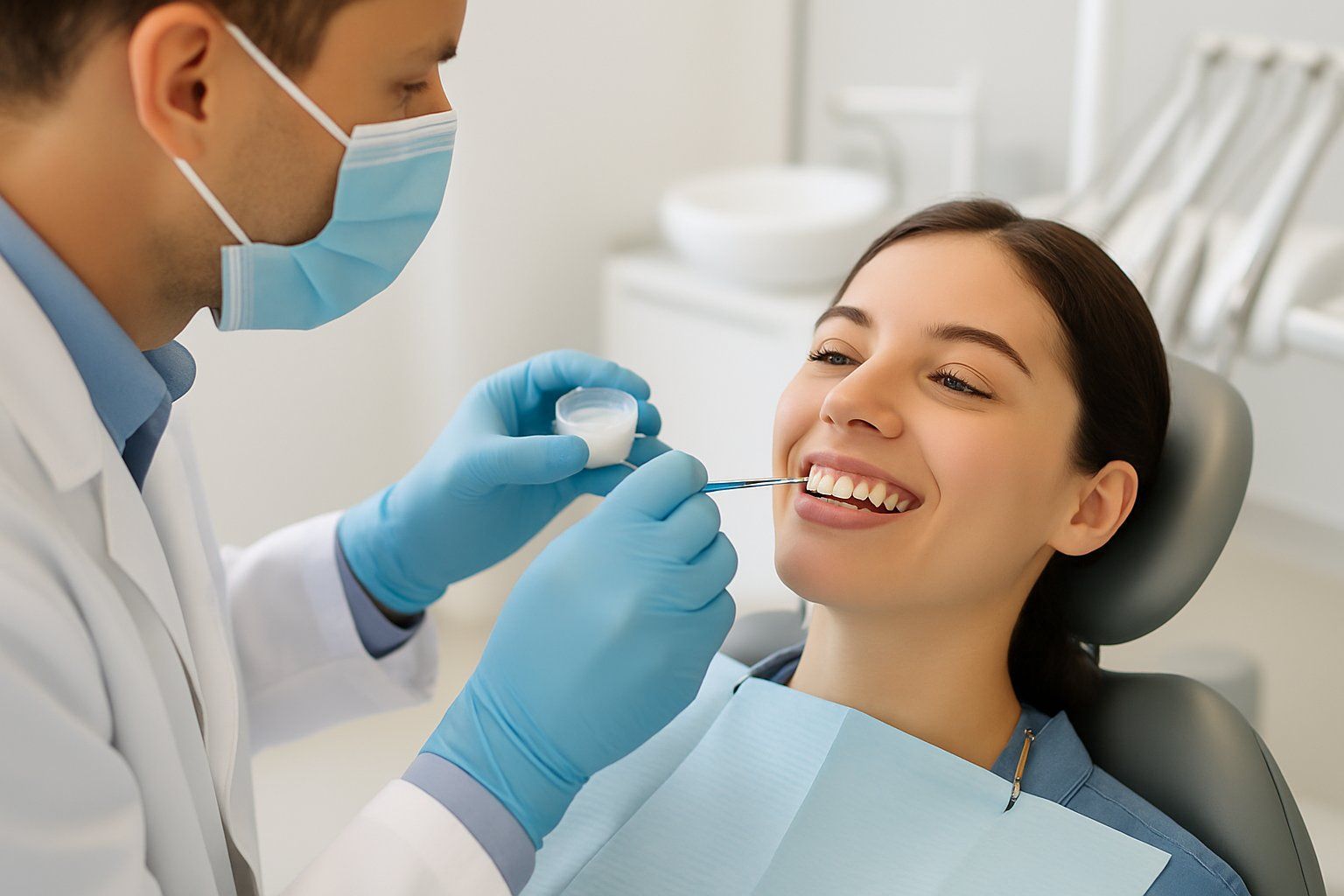Teeth Whitening Options: From Home Remedies To Professional Treatments
A bright, white smile can boost your confidence and make you feel great. Unfortunately, many things can cause teeth to become discolored, such as coffee, tea, smoking, and aging. Luckily, many teeth whitening options are available to help you achieve a brighter smile.
From home remedies to professional treatments, there are various ways to whiten teeth.
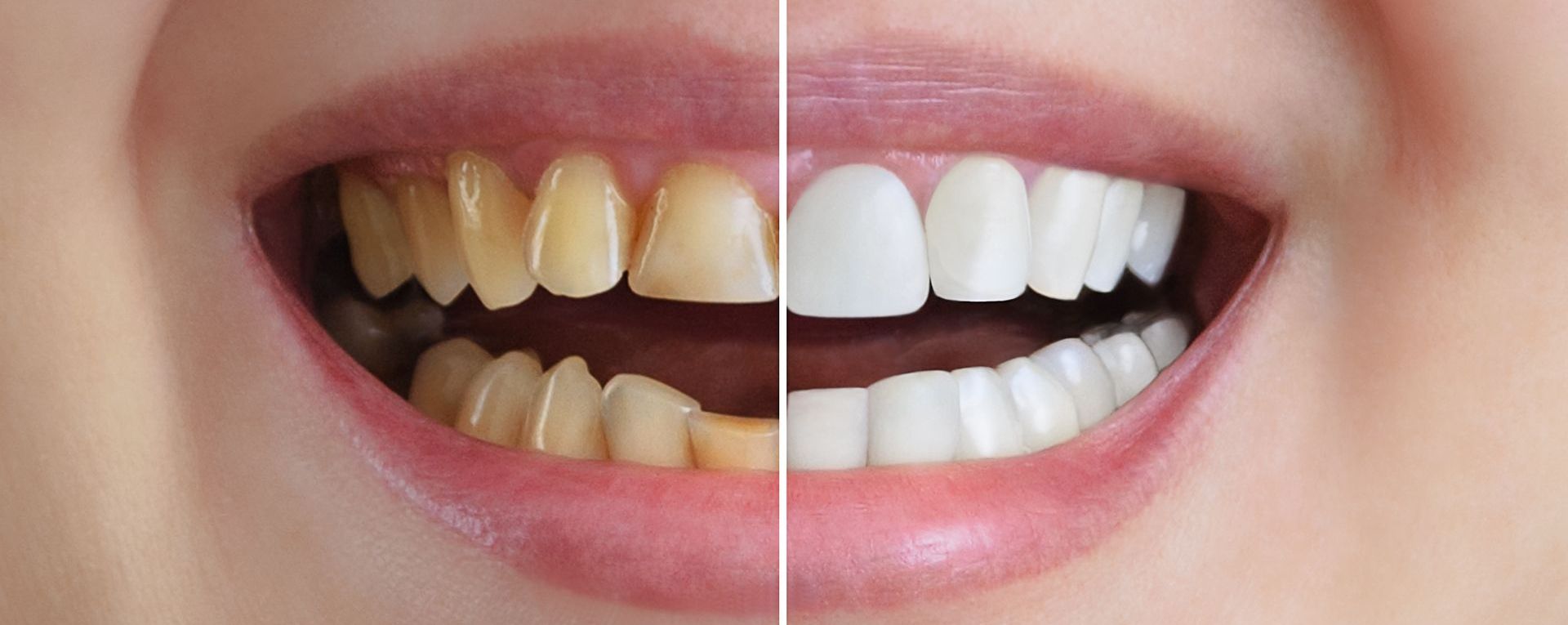
What Is Teeth Whitening?
Teeth whitening is a cosmetic dentistry procedure that helps to brighten a person's smile by removing tooth stains and discoloration. This process involves using active ingredients such as hydrogen peroxide or carbamide peroxide to bleach the teeth and make them appear whiter.
Tooth discoloration can be caused by various factors such as poor oral hygiene, tobacco products, and certain foods and drinks. Exterior surface stains are those that occur on the surface of the enamel, while interior surface stains are those that occur within the tooth. The underlying causes of these types of stains can differ, with surface stains often being caused by substances such as coffee, tea or red wine, and interior stains resulting from factors such as tooth decay or aging.
Two common active ingredients in teeth whitening treatments are hydrogen peroxide and carbamide peroxide. Hydrogen peroxide is often used in in-office treatments, whereas carbamide peroxide is commonly found in at-home teeth whitening kits. Both of these ingredients work to break down the molecules that cause tooth stains and discoloration.
In-office whitening treatments involve a cosmetic dentist applying a whitening gel to the teeth and then using a special light to activate the gel and accelerate the whitening process. At-home whitening treatments usually involve using custom trays that are filled with a whitening gel and then worn on the teeth for a specified period of time.
While both in-office and at-home teeth whitening treatments can provide effective results, there are some drawbacks to consider. In-office treatments are often more expensive and time-consuming, but they are generally more effective as they use a higher concentration of the active ingredients. At-home treatments are more affordable and convenient, but they may take longer to produce visible results and can cause sensitivity or gum irritation if not used correctly.
Types Of Teeth Whitening Options
There are various teeth whitening options available to those looking to achieve a brighter, whiter smile. In general, there are three main types of teeth whitening treatments: at-home remedies, over-the-counter treatments, and professional treatments performed by a dental office or cosmetic dentist.
At-home remedies are natural teeth whitening options that can be done from the comfort of your own home. They include ingredients such as baking soda or apple cider vinegar and involve mixing them with water to form a paste that is then applied to the teeth. While these remedies may help remove surface stains, they may not be as effective at whitening teeth as other treatments.
Over-the-counter treatments include whitening toothpastes, strips, and trays that can be bought at the store. Many of these options contain active ingredients such as hydrogen peroxide or carbamide peroxide that work to break down surface stains and whiten teeth. Whitening toothpastes contain mild abrasives that can help remove surface stains, while whitening strips and trays are more effective at penetrating teeth to remove deeper stains.
Professional treatments involve visiting a
dental office
or cosmetic dentist for specialized whitening treatments. These treatments include in-office whitening treatments, such as laser or light therapy, that use high concentrations of active ingredients to remove stains and whiten teeth. Additionally, custom whitening trays can be made specifically for your teeth to provide a more personalized and effective whitening treatment.
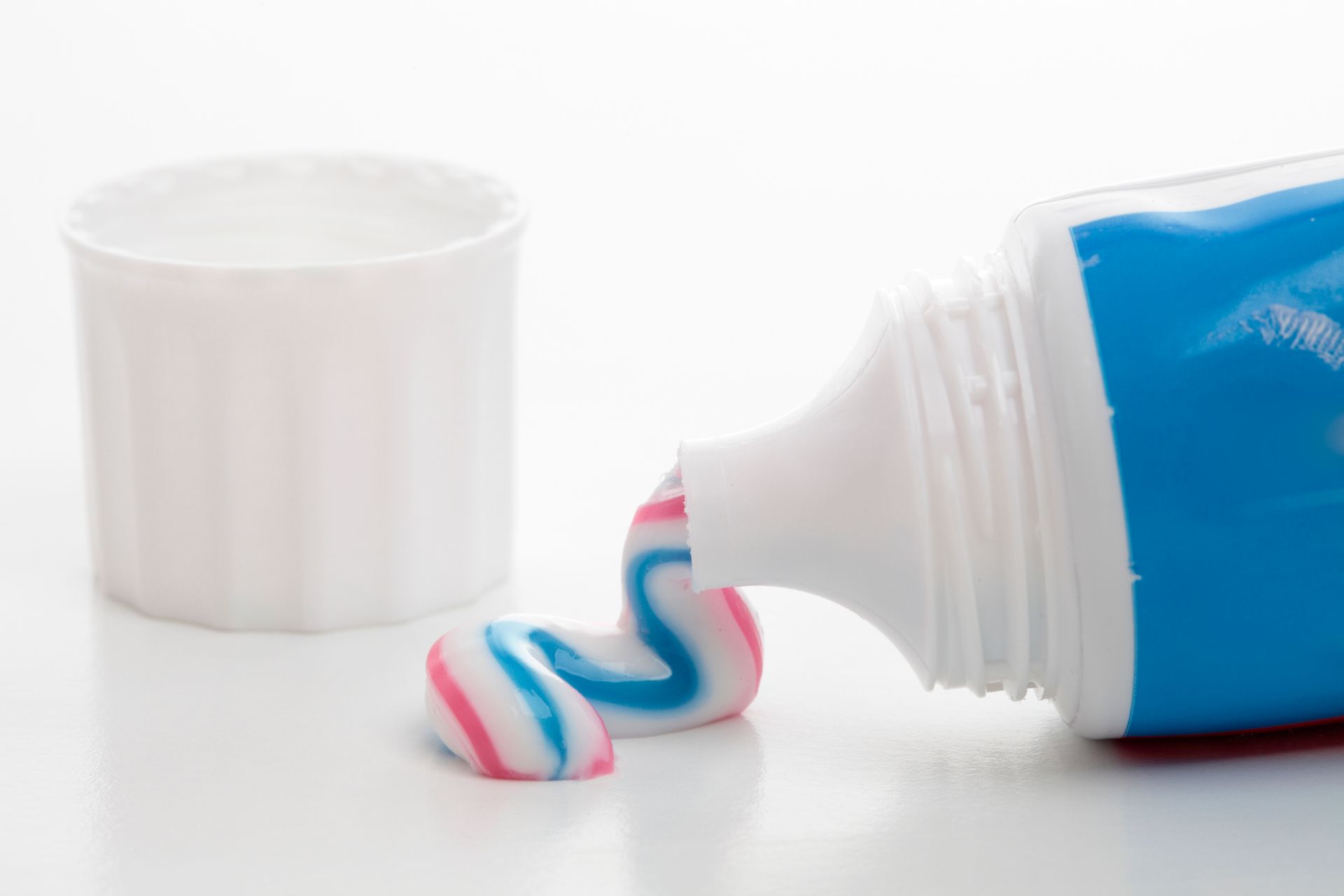
Home Remedies For Whitening Teeth
Looking for a natural and cost-effective way to achieve a brighter smile? Look no further than home remedies for teeth whitening! From ingredients such as baking soda and apple cider vinegar to oil pulling and sesame oil, there are numerous options to choose from. While these remedies may not be as effective as professional treatments, they can help remove surface stains and improve the overall appearance of your teeth. Read on to discover some of the best home remedies for whitening teeth.
Baking Soda
Are you looking for a natural and effective solution for teeth whitening? Look no further than your kitchen cabinet! Baking soda is a versatile ingredient that can significantly whiten your teeth at home.
The method of using baking soda to whiten your teeth is straightforward. Start by making a thick paste by mixing one tablespoon of baking soda with one tablespoon of water. Once you have the paste ready, use a soft-bristled toothbrush to gently apply it to your teeth. Leave it on for about two minutes and rinse with water.
The benefits of using baking soda for teeth whitening are numerous. One of the most significant advantages is that it is less abrasive than many other kinds of toothpaste. It works effectively to remove surface stains caused by coffee, tea, or red wine due to its alkaline nature.
Moreover, many toothpaste manufacturers use baking soda as a primary ingredient in their products to deliver exceptional teeth whitening results. Whether you decide to use baking soda as a standalone treatment or in the form of a toothpaste, you can expect to achieve an outstanding brighter smile in no time.
Apple Cider Vinegar
Apple cider vinegar has gained popularity in recent years as a natural remedy for various health and beauty concerns, including teeth whitening. While it may seem like a convenient solution to achieve a brighter smile, it's important to use caution when attempting to use apple cider vinegar as a teeth whitening option.
Undiluted apple cider vinegar can be highly acidic and potentially harmful to tooth enamel. To create a safer alternative, a small amount of apple cider vinegar can be diluted with water to create a mouthwash. However, this should only be used for a short period of time as a precautionary measure to prevent damage to the teeth.
A 2014 study conducted on cow teeth found that apple cider vinegar showed a bleaching effect and could potentially work as a natural teeth whitener. However, it's important to note that this study was conducted in a controlled laboratory environment and may not accurately reflect the effects on human teeth.
Hydrogen Peroxide
Hydrogen peroxide is a popular teeth whitening ingredient used in many over-the-counter products and DIY remedies. As a bleaching agent, hydrogen peroxide can break down and change or remove color-causing molecules to whiten teeth. However, it is important to note that the use of hydrogen peroxide for teeth whitening comes with potential risks.
One of the primary concerns with using hydrogen peroxide for teeth whitening is the risk of tooth sensitivity and gum inflammation. If the concentration of hydrogen peroxide is too high or the product is used incorrectly, it can cause damage to tooth enamel, leading to increased sensitivity and gum irritation.
Despite the potential risks, hydrogen peroxide is still a natural and effective way to whiten teeth. It can be used in various formats, such as gels, whitening strips, or DIY toothpaste. When using hydrogen peroxide-based products, it is essential to follow instructions carefully and avoid overusing the product.
Tooth whitening gels that contain hydrogen peroxide can be directly applied to the tooth surface. The level of concentration of hydrogen peroxide in these gels varies, ranging from 6% to 40%. It is essential to choose a concentration that suits your teeth best to achieve the desired results without risking tooth sensitivity.
Whitening strips that contain hydrogen peroxide are another popular option. These strips are placed on the teeth and left for a specific period, allowing the hydrogen peroxide to work on the surface stains.
DIY toothpaste with hydrogen peroxide is also a popular home remedy for teeth whitening. To create this paste, mix 2 teaspoons of hydrogen peroxide with 1 teaspoon of water and use it to brush your teeth. However, as with any home remedy, it is important to consult with your dentist before trying it out.
Natural Toothpastes And Other Products With Active Ingredients
When it comes to teeth whitening, many people are turning to natural toothpastes and other products with active ingredients to achieve a brighter smile. However, before starting any new whitening regimen, it is crucial to consult your dentist, especially if you have tooth sensitivity or other oral health issues.
Natural toothpastes have become increasingly popular in recent years due to their natural ingredients and antibacterial properties. Ingredients like charcoal and baking soda can effectively remove surface stains and leave your teeth feeling fresh and clean. Additionally, coconut oil has been known to reduce plaque buildup and improve overall oral hygiene.
However, it is important to note that some of these natural products may be abrasive and could potentially damage tooth enamel with long-term use. Therefore, it is crucial to choose the appropriate product and use it in moderation. While natural toothpastes are generally safe, using them too frequently or for extended periods could lead to tooth sensitivity or gum irritation.
Aside from natural toothpastes, there are other products with active ingredients commonly used for teeth whitening. Hydrogen peroxide and carbamide peroxide are the main active ingredients in most teeth whiteners, and are found in many over-the-counter teeth whitening kits and professional treatments. These products can be effective in removing surface stains, but may also cause tooth sensitivity or gum irritation.
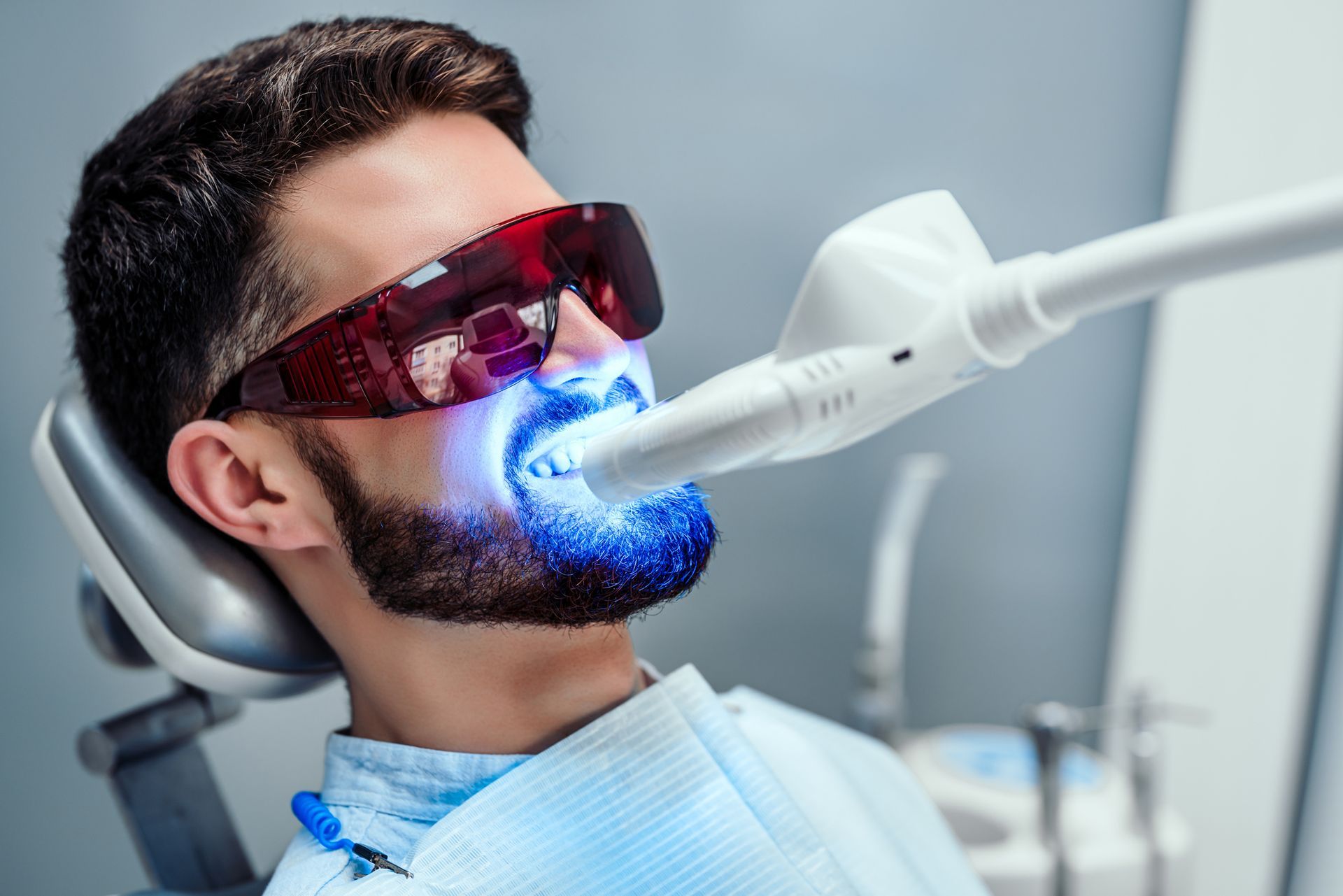
Professional Teeth Whitening Treatments
When it comes to professional teeth whitening, there are a variety of options available to meet individual needs and preferences. Three main types of treatments include in-office laser treatment, take-home whitening kits, and custom tray whitening.
In-office laser treatment is the most immediate and dramatic of the three. During the treatment, a bleaching solution will be applied to your teeth and then activated by a light or laser. This process typically takes one to two hours and can result in teeth being up to eight shades brighter. While this method provides fast and impressive results, it is the most expensive of the three options.
Take-home whitening kits offer a more gradual progress towards whiter teeth. These kits typically include trays that are filled with a bleaching solution and worn for up to an hour a day for a period of one to two weeks. Some kits also come with light or laser activation devices to speed up the process. While this method may take longer to show results, it is less expensive than in-office treatment and can be done in your home.
Lastly, custom tray whitening is another option for achieving a brighter smile. This method involves the creation of custom-fitted trays that fit snugly around your teeth. A bleaching solution is then applied to the trays and worn for a period of one to two weeks. Custom tray whitening can also provide impressive results, although not as immediate as in-office treatment. However, it is a cost-effective option that can be done at home on your own schedule.
Ultimately, the type of professional teeth whitening treatment you choose will depend on your individual needs and budget. In-office laser treatment is the most expensive but offers immediate and dramatic results, while take-home kits and custom tray whitening are more affordable options with more gradual progress over time.
Important Considerations When Choosing A Teeth Whitening Option
Choosing the right teeth whitening option can be a daunting task, especially with the variety of choices available on the market. From home remedies to professional treatments, it's essential to consider several factors before deciding on the best teeth whitening method. In this article, we'll explore important considerations to keep in mind when choosing a teeth whitening option, so you can achieve a brighter smile safely and effectively.
Tooth Sensitivity And Enamel Damage Potential
Tooth whitening has become increasingly popular in recent years, with a demand for whiter teeth driving sales of many teeth whitening products. However, many of these products carry the potential for tooth sensitivity and enamel damage, which can lead to serious dental problems. It is important to understand the risks and take steps to minimize them.
One of the main causes of tooth sensitivity associated with whitening products is peroxide. When peroxide passes through the enamel and reaches the dentin layer of the tooth, it can irritate the pulp and cause pain and sensitivity. This is not always the case, as some people are more vulnerable to tooth sensitivity than others, but it is important to be aware of the potential risks.
One way to minimize these risks is to use products that are specifically designed for sensitive teeth and have a lower peroxide level. This can often be a safer option for those with pre-existing dental problems or sensitivity issues. Additionally, natural remedies such as oil pulling or brushing with baking soda can be used to minimize the risk of enamel damage.
Other tips for reducing tooth sensitivity when using whitening products include avoiding hot or cold foods and drinks, using a soft-bristled toothbrush, and seeking advice from a professional before using any whitening product. A dental health professional is best placed to advise on the most appropriate whitening method based on an individual's specific needs and dental history.
It is important to note that there is a risk of permanent damage to tooth enamel if teeth whitening products are used excessively or incorrectly. It is therefore essential to follow instructions carefully, use products as recommended, and watch for any adverse reactions.

Plaque Buildup And Gum Disease Concerns
When considering teeth whitening options, it is crucial to be mindful of the potential risks of plaque buildup and gum disease. These issues are not only detrimental to our overall oral health but can also affect the effectiveness of the whitening treatment. In fact, whitening procedures can cause further damage if not addressed beforehand.
Plaque is a film of bacteria that builds up on teeth and can cause tooth decay and gum disease. Over time, this buildup can harden into tartar and lead to further damage. As a result, it can hinder the whitening treatment's results by preventing the peroxide or active ingredient from penetrating the tooth's surface effectively.
Gum disease, on the other hand, occurs when the tissue surrounding the teeth becomes infected. While gum disease is preventable, it can be challenging to reverse and can cause serious problems, such as tooth loss. Additionally, gum disease can interfere with the whitening process and make it challenging to achieve the desired results.
To achieve the best results, it is essential to address these issues beforehand. Proper oral hygiene practices, such as brushing twice a day and flossing regularly, can help prevent plaque buildup and gum disease. It is also crucial to visit the dentist regularly for professional cleaning and checkups, as they can detect and treat any potential issues before they worsen.
Understanding Your Unique Situation And Goals For Whiter Teeth
When it comes to teeth whitening, it's important to understand that there is no one-size-fits-all solution. Each individual has different needs and preferences, which should be taken into consideration when deciding on a teeth whitening method. It's essential to assess your unique situation and goals for whiter teeth to determine the best approach.
There are several factors to consider when selecting a teeth whitening method, including the state of your enamel, your diet, and your dental history. For example, individuals with thin or worn enamel may have more sensitivity and require a gentler approach to teeth whitening. Those with a history of tooth decay or gum disease may need to address those issues before undergoing any whitening treatment.
There are several different types of teeth whitening options available, including at-home remedies, over-the-counter teeth whiteners, and professional treatments. Each option has its advantages and disadvantages, depending on your unique situation and goals.
At-home remedies such as baking soda or apple cider vinegar may be effective for removing surface stains and achieving a brighter smile, but they may not be suitable for everyone. Over-the-counter teeth whiteners like Crest 3D Whitestrips can be a convenient and affordable option, but they may not provide the same level of customization and effectiveness as professional treatments.
Professional treatments, such as custom whitening trays or in-office treatments, can address specific concerns and provide a personalized approach to achieving whiter teeth. These treatments are ideal for individuals with more advanced staining or sensitivity issues as they have a higher concentration of active ingredients and are administered under the supervision of a cosmetic dentist.
For example, someone with sensitive teeth may benefit from custom trays with a lower concentration of carbamide peroxide, while someone with deep stains caused by tobacco products may benefit from an in-office treatment with hydrogen peroxide.
By understanding your unique situation and goals for whiter teeth, you can make an informed decision on which teeth whitening option is right for you. Remember to always consult with a cosmetic dentist before starting any whitening treatment to ensure it is safe and effective for your dental health.
Conclusion
In conclusion, achieving a whiter smile requires careful consideration of the various teeth whitening options available. Home remedies such as baking soda and apple cider vinegar may be effective for surface stains, but they may not be suited for everyone. Over-the-counter products like whitening strips may provide convenience, but they may not have the same level of customization and effectiveness as professional treatments.
Professional treatments, on the other hand, can be tailored to address specific concerns, making them ideal for individuals with more advanced staining or sensitivity issues. Options like laser whitening and custom trays from a dental office offer a higher concentration of active ingredients and are administered under the supervision of a cosmetic dentist.
However, it's important to consider factors such as tooth sensitivity, enamel damage, and gum disease when choosing a teeth whitening option. Those with sensitive teeth may benefit from gentler treatments with lower concentrations of active ingredients, while individuals with thin or worn enamel may require a more careful approach.
Ultimately, achieving a brighter smile is about more than just teeth whitening treatments. Consistent oral hygiene habits and regular dental visits also play a role in maintaining dental health and a sparkling smile. For those seeking affordable teeth whitening options, Smile Brilliant or bleaching kits supplied by a dentist are worth considering. With the right approach, everyone can enjoy a brighter, healthier smile. Visit Divine Dental today to get started with a professional.
